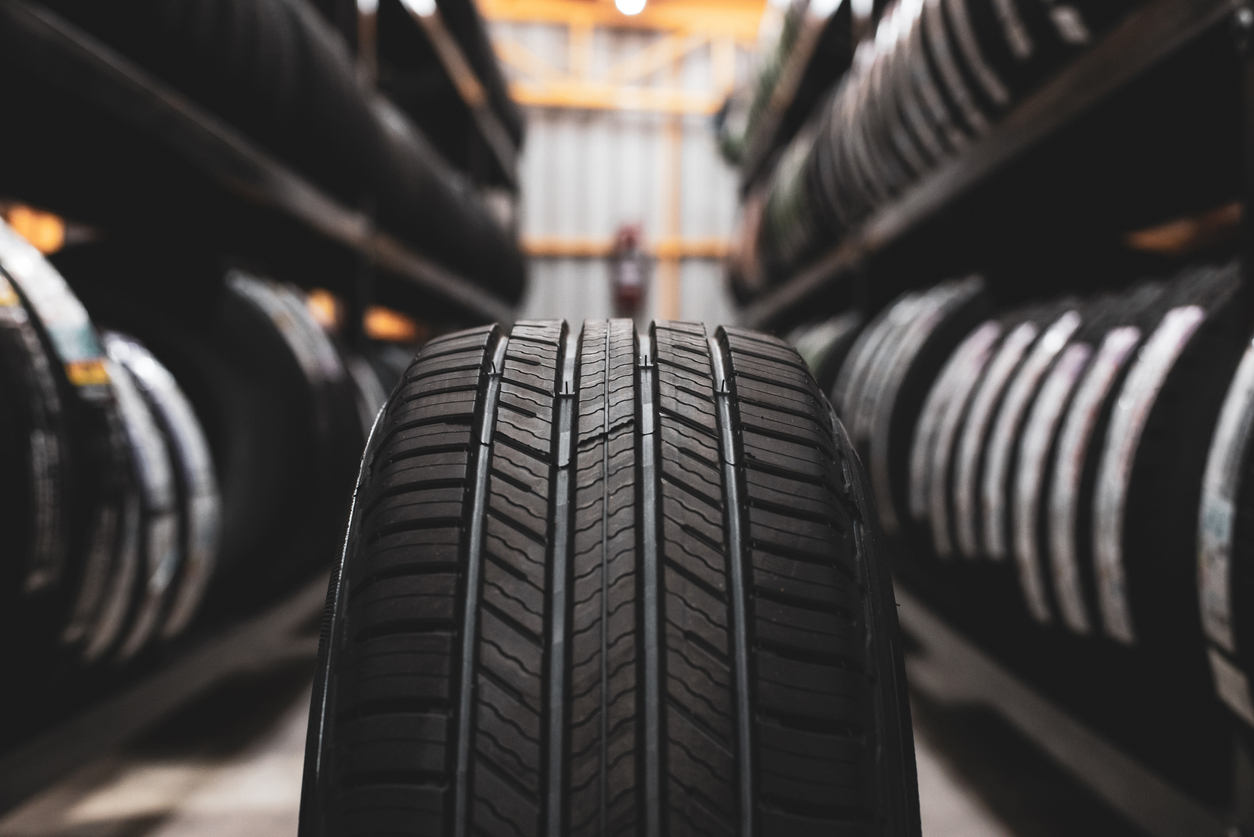Importing Tyres to Nigeria – Everything You Need To Know
Importing Tyres to Nigeria – Everything You Need to Know
Importing tyres into Nigeria can be a lucrative business, given the high demand for quality tyres in the country. However, the process involves navigating various regulations, documentation, and logistical considerations. This guide provides a comprehensive overview of everything you need to know about importing tyres to Nigeria. For reliable auto and transportation products, visit Wigmore Wholesale.
Key Steps for Importing Tyres to Nigeria
1. Understand Import Regulations and Standards
Overview: Nigeria has specific regulations and standards for importing tyres to ensure safety and quality.
Key Points:
- Standards Organization of Nigeria (SON): Ensure that the tyres meet the standards set by SON.
- Banned Tyres: Importation of used, sub-standard, or expired tyres is prohibited.
- Quality Certification: Obtain a product certificate from SONCAP (Standards Organisation of Nigeria Conformity Assessment Programme).
Sources:
2. Obtain Necessary Licenses and Permits
Overview: You must have the required licenses and permits to legally import tyres.
Key Requirements:
- Importer’s Certificate: Obtain an importer’s certificate from the Nigerian Customs Service (NCS).
- TIN (Tax Identification Number): Required for import documentation and transactions.
- SONCAP Certificate: Necessary for customs clearance.
Sources:
3. Source Reliable Suppliers
Overview: Identify reputable suppliers who offer high-quality tyres that comply with Nigerian standards.
Tips:
- Supplier Verification: Verify the credibility and compliance of the supplier with international standards.
- Quality Assurance: Ensure that the tyres meet the required specifications and standards.
Sources:
4. Arrange Shipping and Logistics
Overview: Choose a reliable shipping method and logistics provider to ensure safe and timely delivery.
Key Points:
- Freight Forwarders: Engage a reputable freight forwarding company to handle shipping and customs clearance.
- Shipping Methods: Decide between air and sea freight based on cost, urgency, and volume.
- Insurance: Insure your shipment to cover potential risks during transit.
Sources:
5. Customs Clearance and Duties
Overview: Efficient customs clearance is crucial for smooth importation.
Key Points:
- Documentation: Ensure all necessary documents are complete, including the Bill of Lading, commercial invoice, packing list, SONCAP certificate, and import permit.
- Duties and Taxes: Understand the applicable customs duties and taxes on imported tyres.
- Customs Broker: Use a customs broker to facilitate the clearance process and handle any issues.
Sources:
Tips for Successful Importation
- Compliance with Standards: Ensure all tyres comply with SON standards to avoid confiscation and penalties.
- Regular Market Research: Stay updated on market trends and demand to make informed decisions.
- Strong Supplier Relationships: Build strong relationships with reliable suppliers for consistent quality and supply.
- Efficient Logistics Management: Optimize logistics and shipping to reduce costs and improve delivery times.
- Leverage Technology: Use digital platforms for tracking shipments and managing documentation efficiently.
Conclusion
Importing tyres to Nigeria involves understanding and complying with regulations, obtaining the necessary permits, sourcing quality suppliers, and managing logistics effectively. By following this comprehensive guide, you can navigate the import process smoothly and establish a successful tyre import business. For reliable auto and transportation products, visit Wigmore Wholesale.








LEAVE A COMMENT
You must be logged in to post a comment.